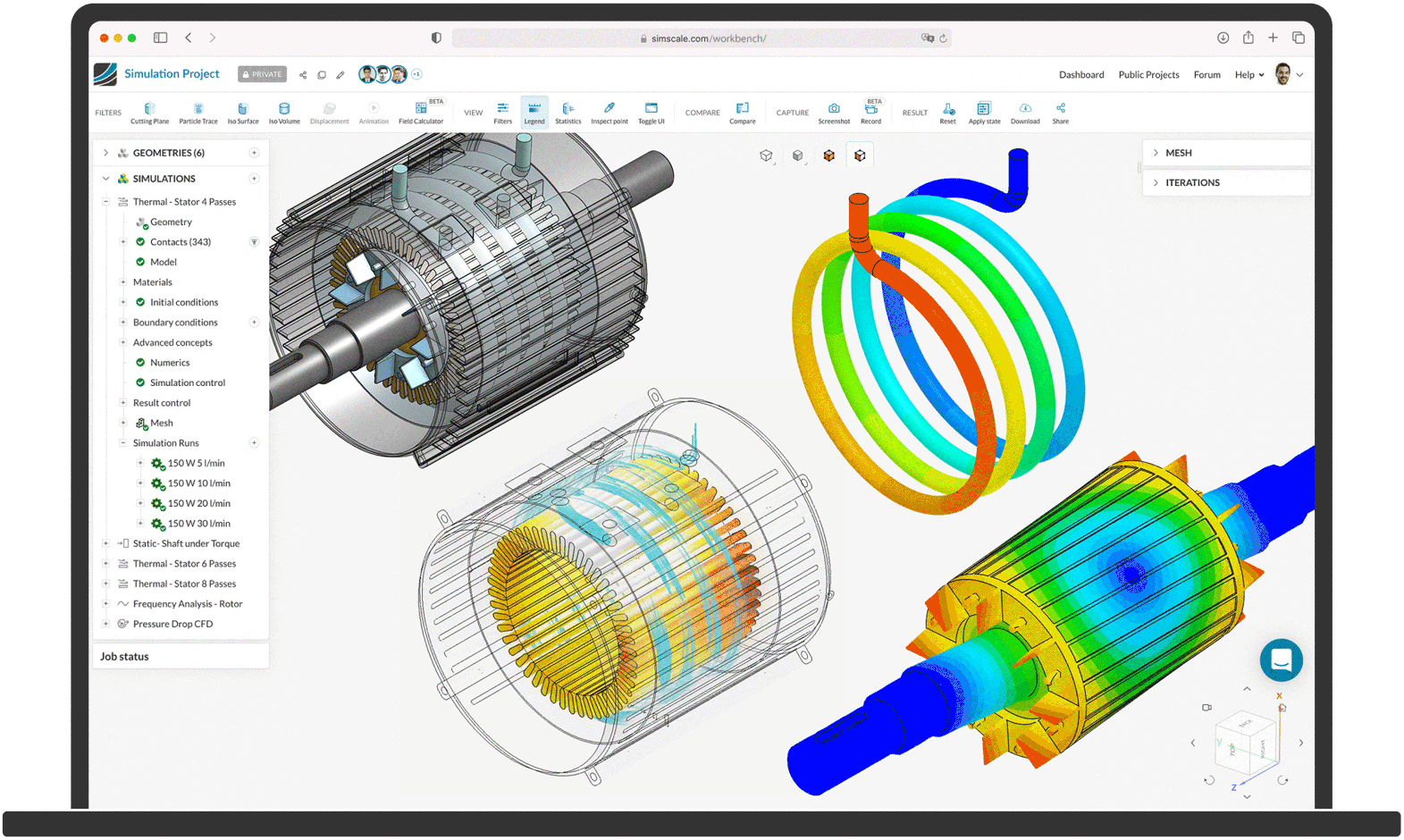April 10th, 2023
“Simulation refers to one’s ability to run a “mental model” of a physical scene in order to determine an outcome.” -Hume, 1739
Physics simulations are crucial because they help us understand the complexities of the world around us and play a key role in solving the universe's mysteries. Simulations function as online laboratories which allow scientists to precisely recreate, research, and analyze cosmic occurrences like star formation, black hole collisions, or galaxy formation that are otherwise difficult to observe directly.
Moreover, simulations have a significant influence on education. They give learners and enthusiasts the chance to engage with difficult physics concepts in a more approachable and fun way. By bringing abstract concepts to life through simulations, instructors help students visualize and test out basic ideas. Students can improve their problem-solving abilities and comprehend the fascinating field of physics more fully by immersing themselves in these simulations.

Additionally, simulations are essential tools for designing and improving technologies. Engineers can use simulations to test out various designs and configurations to ensure that they perform as well as possible while minimizing costs and potential risks. This ability to observe the behaviour of substances, liquids, and electromagnetic fields enables engineers to make adjustments to their designs before building physical prototypes.

Ultimately, simulations are now the foundation of modern physics. They advance technology, give us a peek into the invisible world, and motivate the next generation of physicists and engineers. With simulations at our disposal, we continue to push the boundaries of knowledge, providing answers to enduring puzzles and drawing our interest in the wonders that surround us.